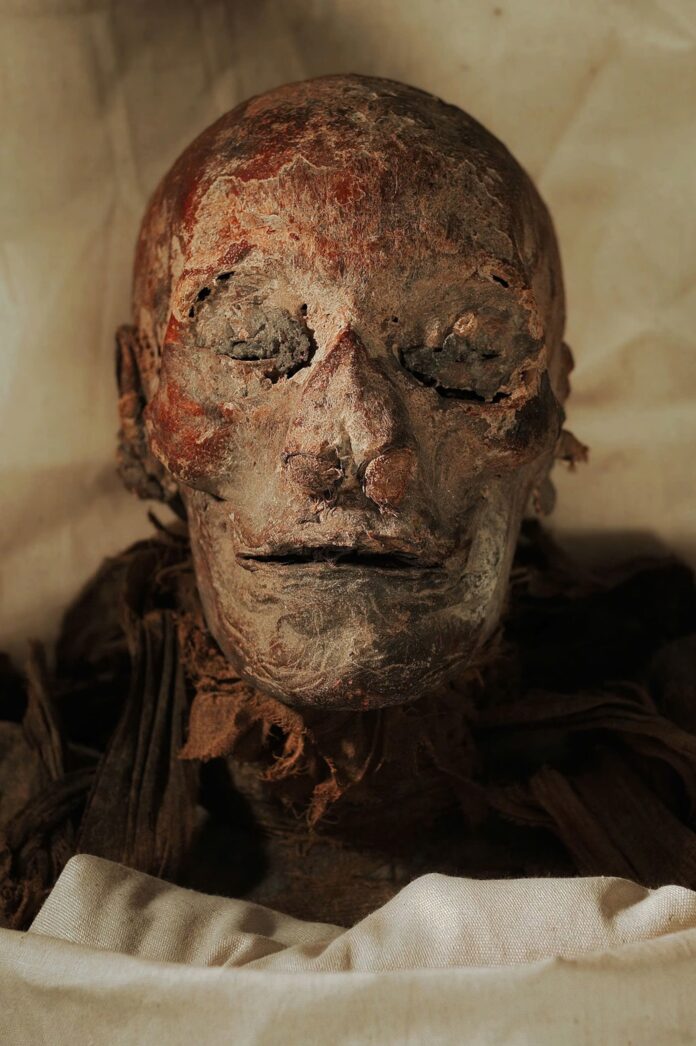Unearthing an Ancient Mystery
Howard Carter’s Unexpected Find
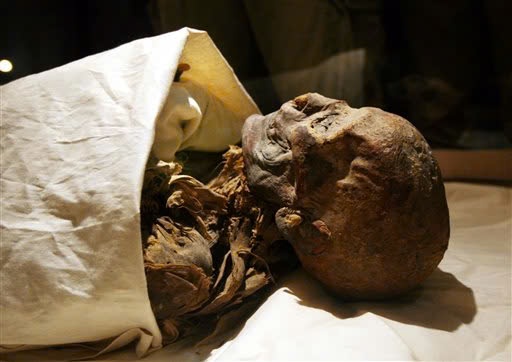
In 1903, renowned Egyptologist Howard Carter made a discovery that would later prove to be of immense historical significance. While exploring tomb KV60 in the Valley of the Kings, Carter uncovered two mummies – one in a coffin and another lying on the floor. Little did he know that he had stumbled upon the remains of one of Egypt’s most powerful female pharaohs.
The Egyptian Mummy Project Reveals the Truth
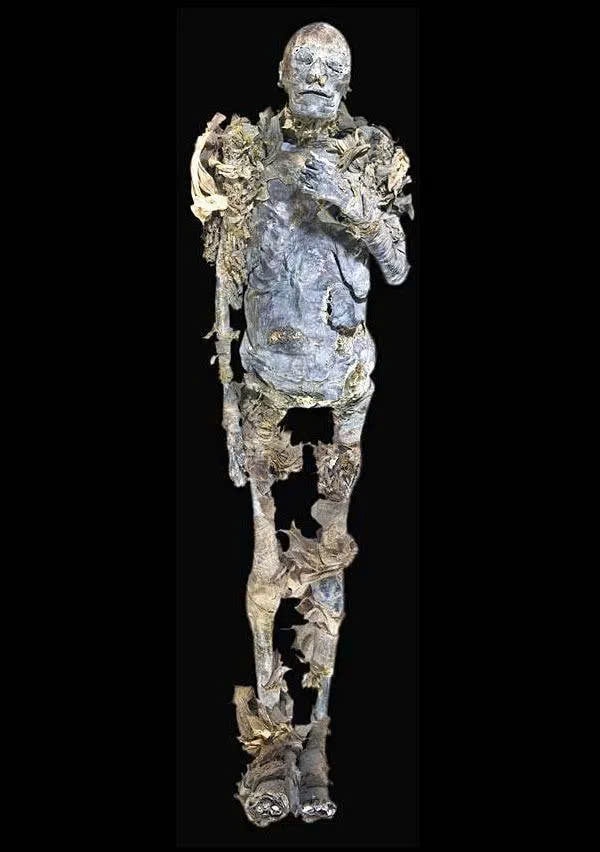
Years later, as part of the Egyptian Mummy Project, researchers began examining unidentified royal mummies using CT scans. A breakthrough came when they scanned a canopic box from the Deir el-Bahari Cachette, inscribed with Hatshepsut’s name. Inside, they found a molar tooth that perfectly fit the mouth of one of the royal mummies from KV60.
The Life and Death of a Powerful Queen
Hatshepsut’s Final Years
Analysis of Hatshepsut’s mummy provided fascinating insights into her life and death. The queen apparently died around the age of 50, struggling with obesity, diabetes, and cancer. These findings paint a picture of a formidable ruler facing significant health challenges in her later years.
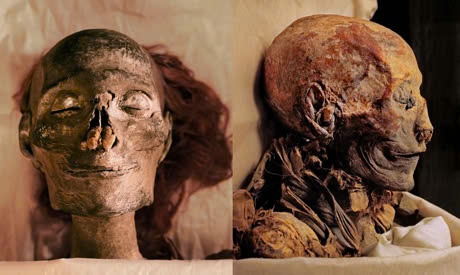
A Legacy Erased and Rediscovered
After Hatshepsut’s death, her stepson allegedly attempted to erase her from history by obliterating her name from records. However, her impact on ancient Egypt was too significant to be forgotten entirely.
Hatshepsut’s Enduring Impact
A Prolific Builder and Ruler
Hatshepsut’s reign was marked by numerous construction projects throughout Egypt. Her ambitious building program left an indelible mark on the country’s landscape, with her statuary now gracing major museums worldwide.
Breaking Barriers in a Patriarchal World
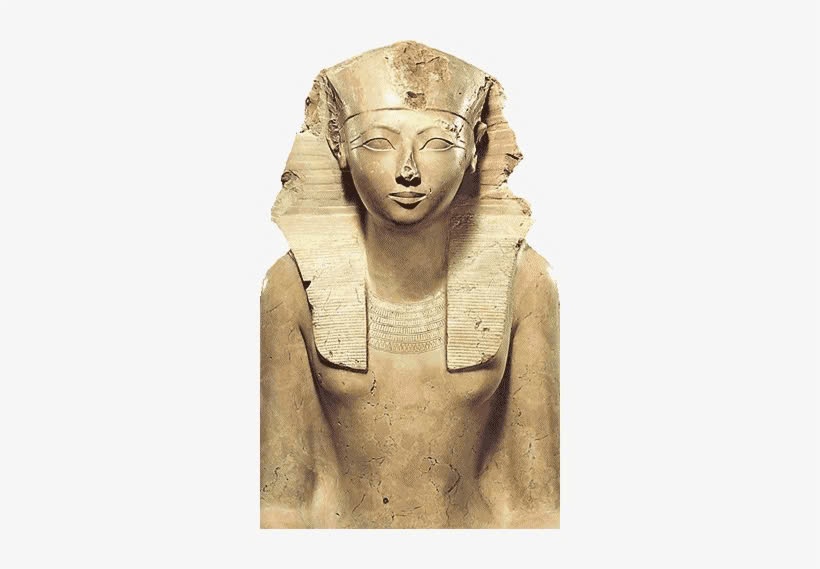
As one of the few women to rule as pharaoh, Hatshepsut’s achievements continue to fascinate scholars and the public alike. Her ability to transcend patriarchal systems and shape her own destiny makes her story particularly relevant today.
A Legacy That Inspires
Despite attempts to erase her from history, Hatshepsut’s reign is remembered as a period of stability and prosperity for ancient Egypt. Her diplomatic efforts and expansion of trade relations further cemented her place as a significant historical figure.
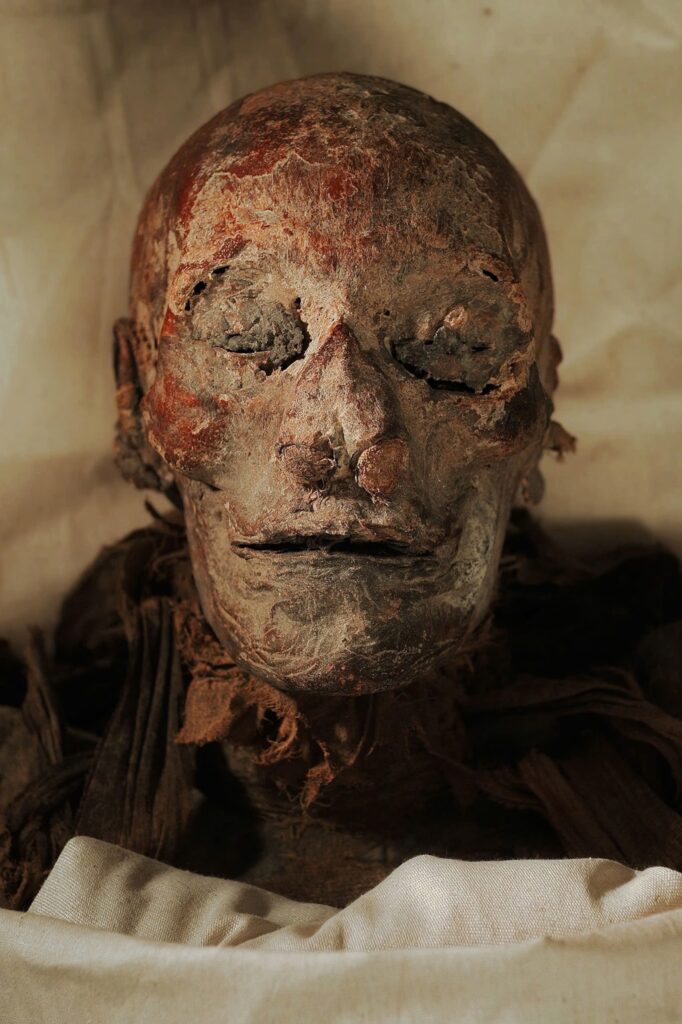
From Howard Carter’s initial discovery to modern scientific analysis, the story of Hatshepsut’s mummy serves as a testament to the enduring power of archaeological research. It reminds us that even after thousands of years, the secrets of the past can still come to light, offering valuable insights into the lives of those who shaped our history.
